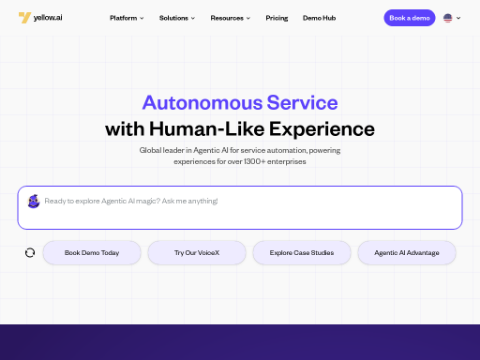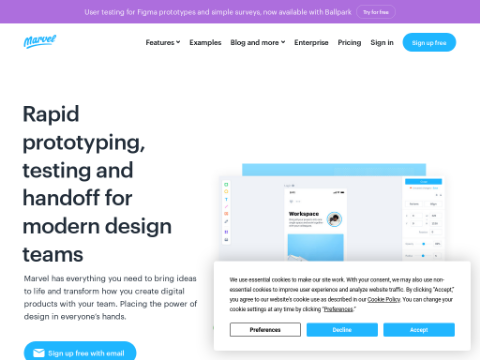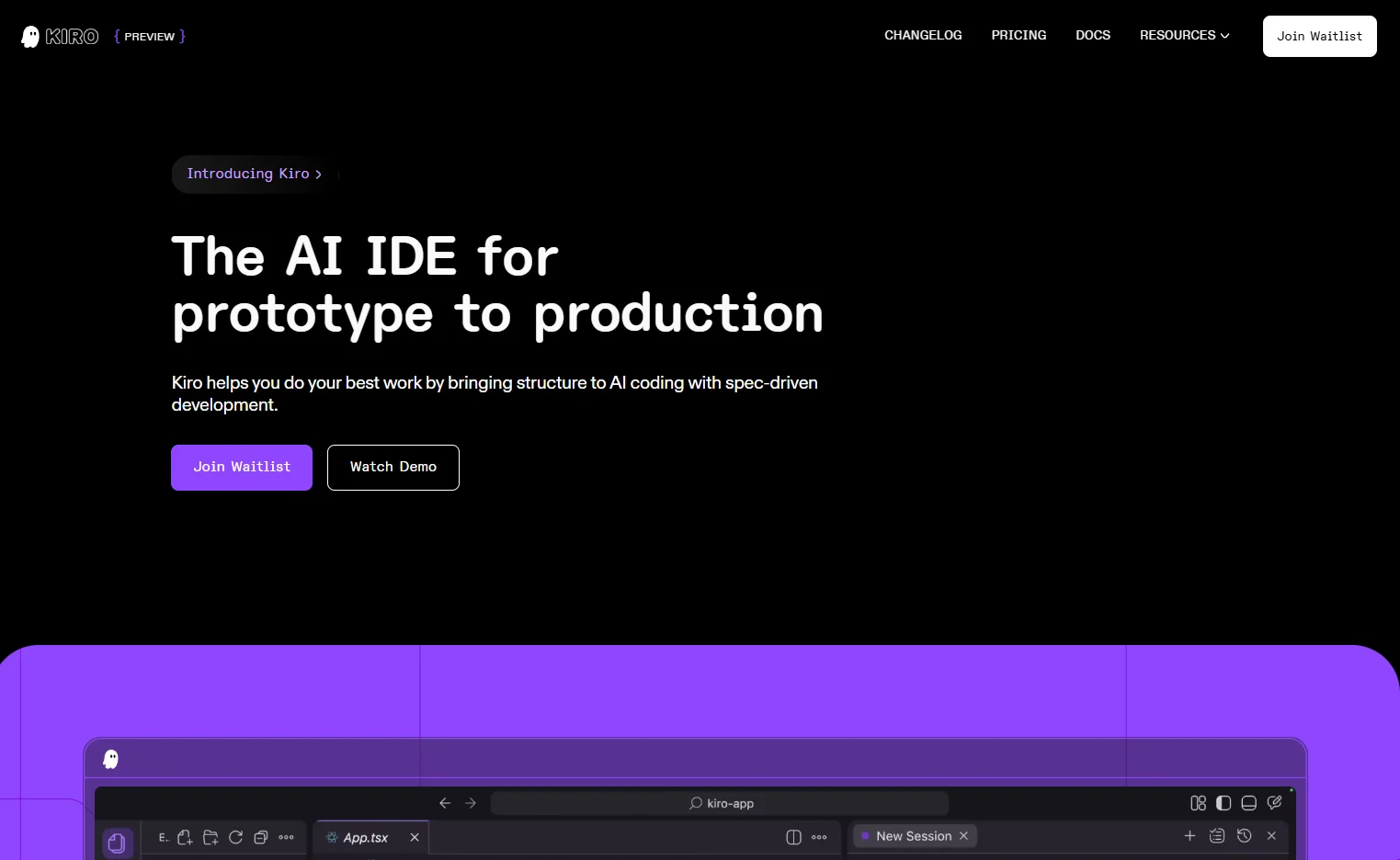Apple is actively broadening the scope of its software update testing to integrate advanced artificial intelligence technologies into its virtual assistant, Siri, enabling this innovation to autonomously manage complex tasks on the latest iPhone models. On Thursday, the company provided this update free of charge to users registered for software testing, with a full release anticipated next month for all iPhone users.
Until now, only the high-end iPhone series launched last year have been equipped with the enhanced processors required to support this AI functionality. However, this is set to change on Friday with the introduction of four brand-new iPhone 16 models, priced between $800 and $1,200, all featuring Apple’s newly named “Apple Intelligence” technology. This strategy aims to emphasize the iPhone's AI capabilities, differentiating it from similar technologies in competing products from Samsung, Google, and others.
The inclusion of AI features is seen as a major incentive for purchasing the iPhone 16, and the early release of the software beta that supports this technology is expected to stimulate consumer interest. Notably, the technology currently supports American English, but Apple plans to expand to English versions in regions including Australia, Canada, New Zealand, South Africa, and the United Kingdom in December, with gradual rollout to other languages and countries.
With the upgrade to iOS 18.1, Siri will become smarter, more interactive, and visually enhanced, displaying dynamic lighting effects on the screen when users make requests. Although Apple promises that Siri will have enhanced task execution capabilities with fewer errors, it will initially be unable to directly interact with all third-party apps on the iPhone, a feature that will be available in future software updates.
Additionally, the new software update includes a range of AI-assisted features for writing, proofreading, and photo editing, such as automatic summarization of emails and documents, and photo enhancement. However, advanced AI functions like instant creation of personalized emojis are yet to be released. Apple also plans to enable Siri to access additional support from OpenAI's ChatGPT when necessary.
Besides the iPhone 16 series, last year's iPhone 15 Pro and iPhone 15 Pro Max will also benefit from this AI update, as they are equipped with the necessary hardware support. These models will also introduce a new spatial video recording feature, complementing Apple's $3,500 Vision Pro headset to deliver an immersive viewing experience.
However, for the hundreds of millions of older iPhones still in use, this advanced AI functionality will be unavailable due to hardware limitations. This situation may heighten market concerns about declining sales of Apple's older devices, but since Apple announced its AI strategy in June, its stock price has risen by over 15%, creating substantial wealth for shareholders. Some analysts predict that the strong demand for new iPhones could drive Apple's market capitalization to surpass $4 trillion for the first time within the next year.








